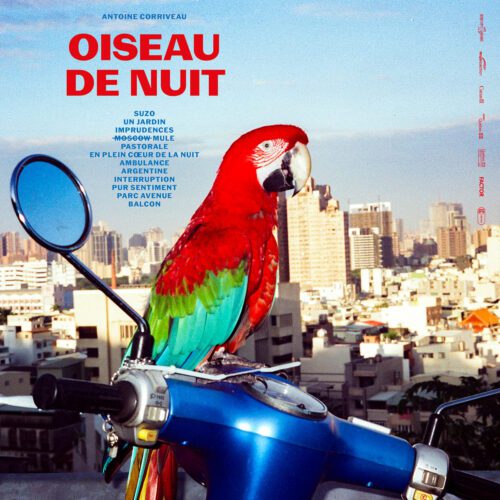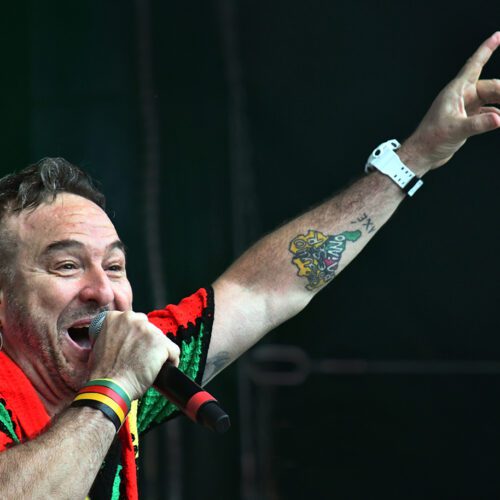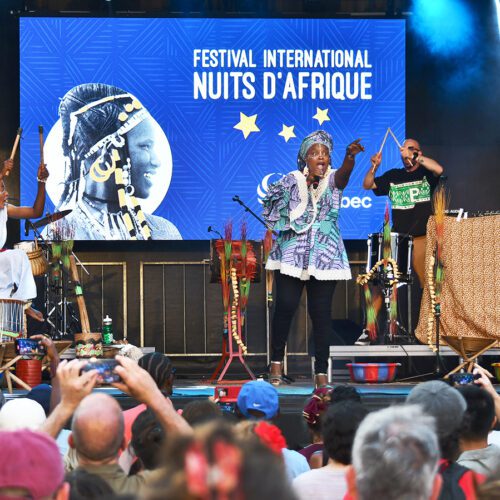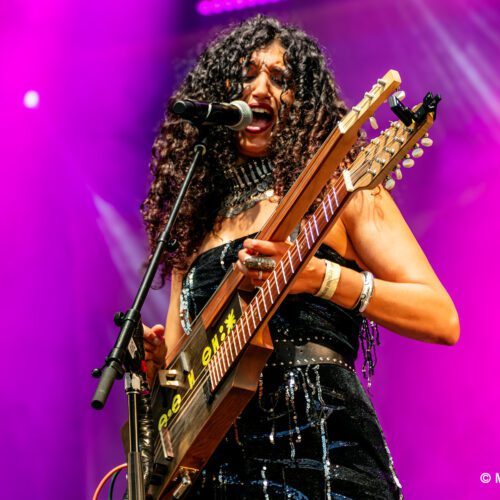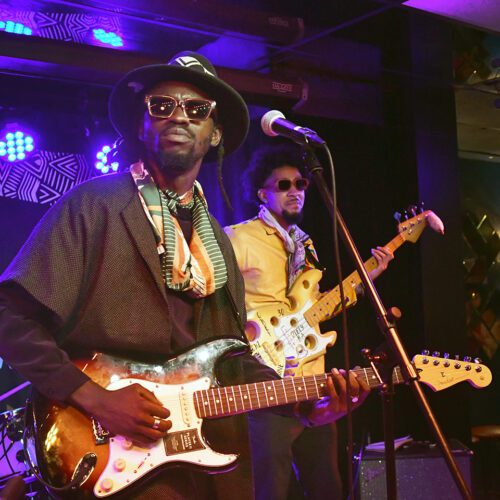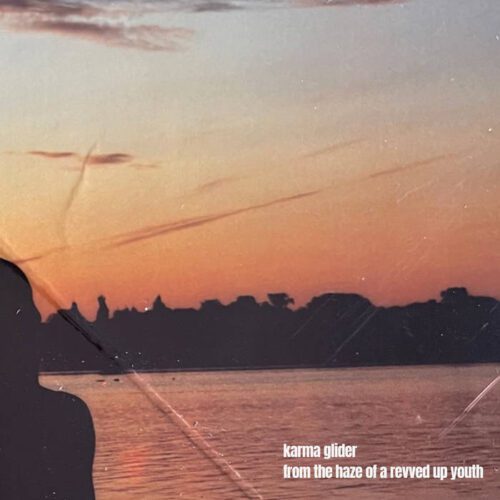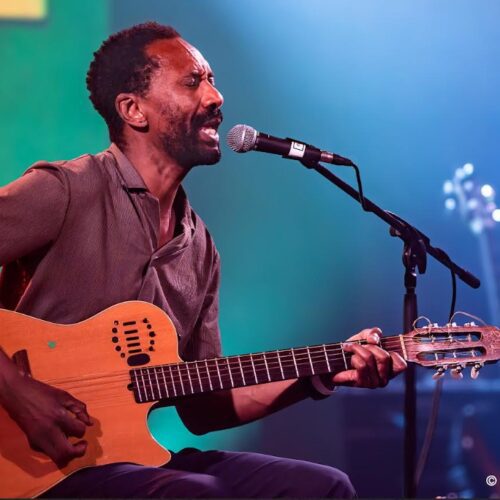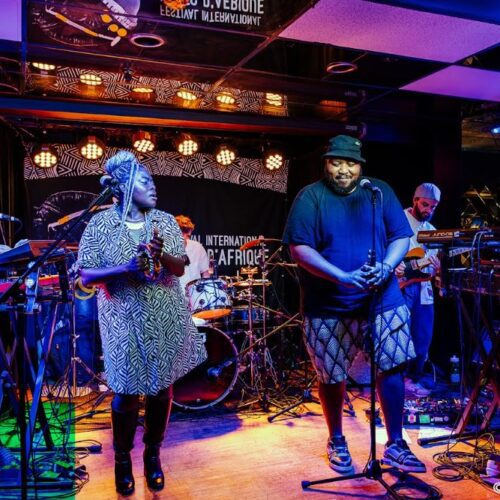In song, few songwriters are able to reach roughly equivalent levels in the two components of their art. Antoine Corriveau can. He showed promise a decade ago, and made his mark at the turn of the decade. Five years after Pissenlit, he is now refining and fleshing out a proposal that is even superior to the previous one, and has taken another convincing step on a path that is becoming less and less parallel.
Musically, this Oiseau de nuit flies over the top, especially in the context of French-speaking America, where we rarely allow ourselves so much creative freedom to reach our audience. Let’s applaud this conscious choice to mix digital sampling, instinctive beatmaking and the instrumental execution of virtuosos inclined to sound exploration and the integration of its most important currents. Contemporary jazz, free improvisation, instrumental hip-hop and electro-acoustics are thus invited into folk, blues or rock, blending into the work of some fifteen excellent musicians from different horizons, led by a solid musical/artistic direction provided by Antoine Corriveau and drummer Stéphane Bergeron.
As for the lyrics, it’s easy to imagine the highs and lows of the main character, whose reality melts into fiction. We can imagine him bathed in light or mired in slush, but this hard dialectic carries him very high, as it is the nutrient of L’Oiseau de Nuit. What do we really know about Antoine Corriveau’s wanderings when we read his words? Where do they fit into this rhyming autobiographical fiction? It doesn’t really matter. Knowing exactly what happened in his life is voyeuristic and does not serve the appreciation of his recent work, so… Accepting the randomness of the story’s elements and savoring the beauty of its expression, that’s what keeps us busy.
And here, he really succeeds. Antoine Corriveau is capable of introspection and poetry. He knows how to write, how to illustrate the states of the soul, its moments of elation or its character drifts, its moments of deep doubt or its temporary hypertrophies of the ego. A dozen songs, then.
The chronology of the dramatic plot begins with Suzo, in the manner of a thriller.
We move on to Jardin, reminiscent of strange springtime chores where corpses and desires are stirred up.
We evoke these human Imprudences, where the risk of romance isn’t always worth the candle, since it’s also a question of withdrawal and abandonment.
Moscow Mule puts us back in thriller mode, as the narrator orders a drink and enters the basement of this bar, where things go… wild.
Pastorale is an unattainable wish, to have lived long before and long after one’s own life, “just to see further ahead”.
En plein coeur de la nuit illustrates a few nocturnal, wintry hours spent in urban wandering and depression.
Ambulance also rolls through the night into the wee hours, exploring other angles of introspection, assessing the pain and traces of inner wounds.
Argentine is the name of the waitress who serves breakfast to the crumpled narrator at the end of a torrid night.
Interruption tells of a breakdown in sensations, a break in passion.
Pur sentiment is the expectation of a snaking road taken by an opportunistic being, who takes and has nothing to give or learn, and who can forget everything.
Parc Avenue is the well-known street where the romps take place and from which a flayed narrator returns with a lighter heart, able to sew up the shreds.
It concludes with Balcon, the last refuge and observation post of a fugitive from his own life, a delinquent of his own morality.
It doesn’t end, in fact. Here we are at the gates of Antoine Corriveau’s artistic maturity.
